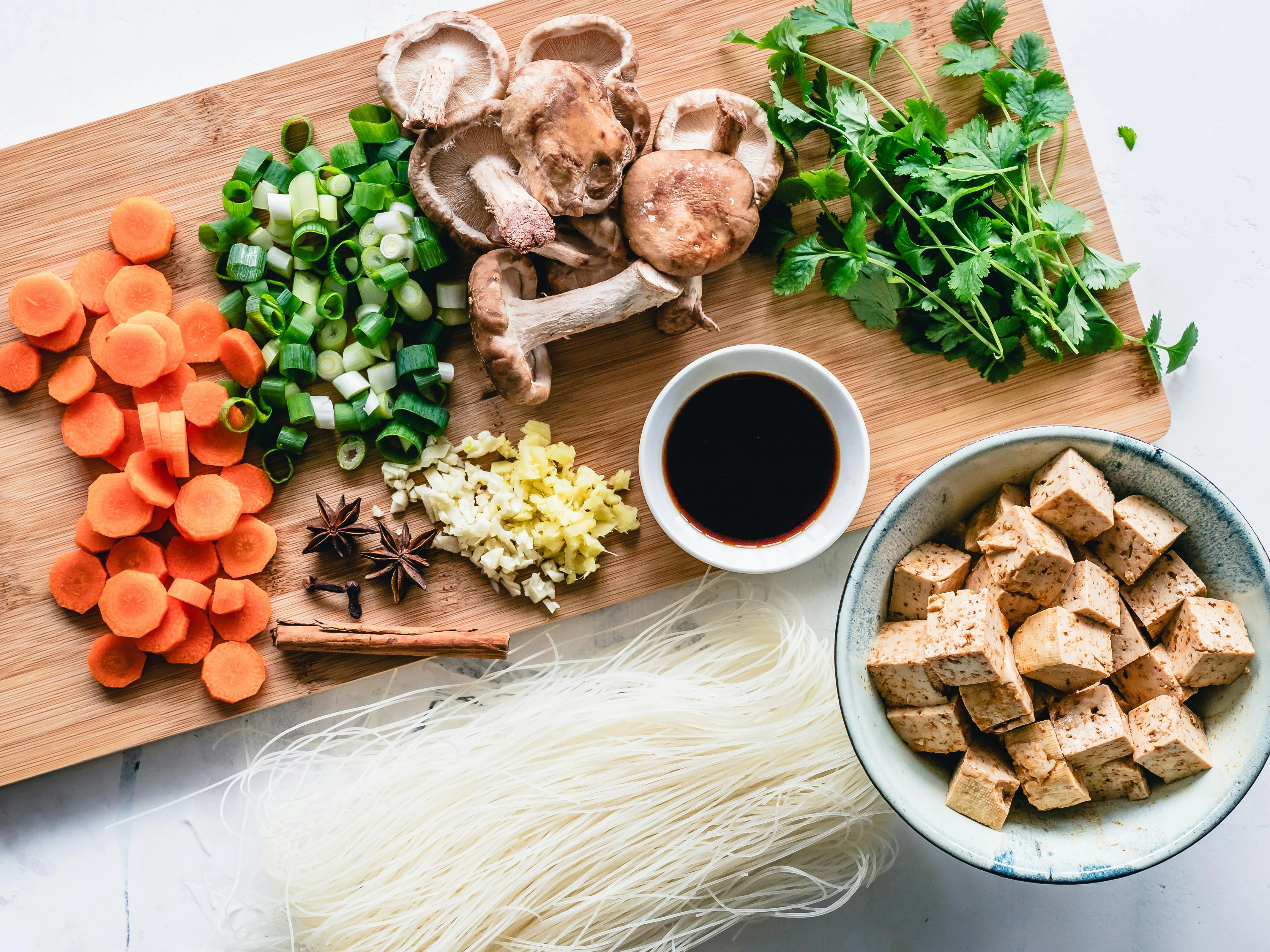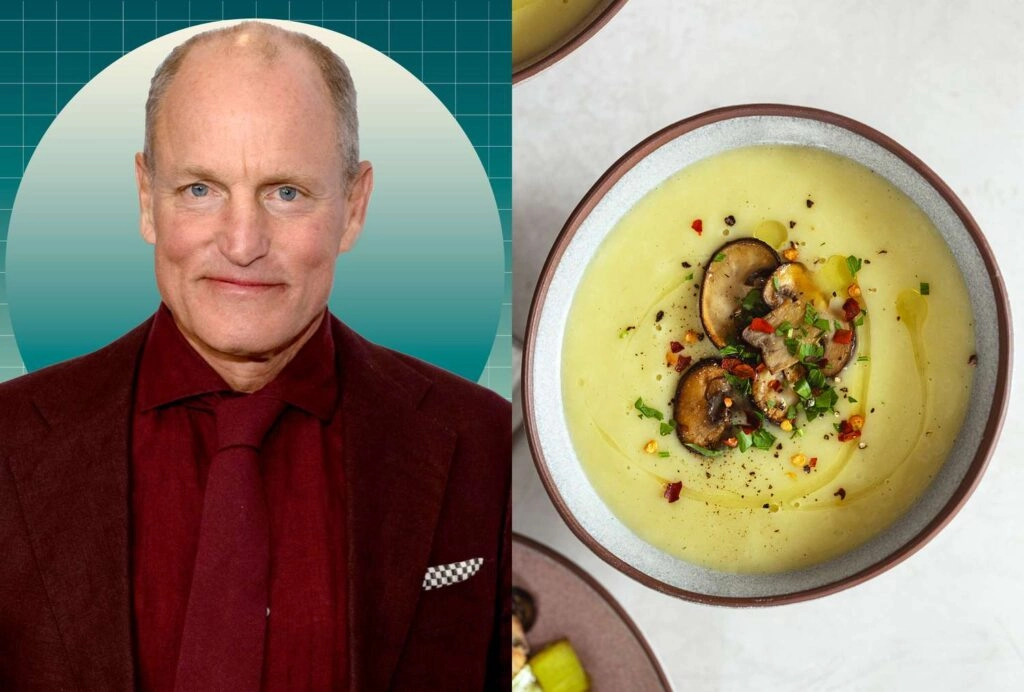When it comes to maintaining a healthy diet, protein plays a crucial role, particularly for those looking to build muscle or manage their weight. While many people turn to store-bought protein powders for their nutrient boost, there are numerous high-protein Indian foods that not only provide the necessary protein but are also more economical and nutritious. Incorporating these foods into your diet can help you achieve your fitness goals while keeping your meals flavorful and diverse.
One of the richest sources of protein in Indian cuisine is lentils, particularly varieties like moong dal and masoor dal. These legumes are not only affordable but also packed with essential nutrients, including fiber and various vitamins. A simple dal preparation can be both satisfying and nourishing, making it an excellent staple for vegetarians and meat-eaters alike. Another protein powerhouse is chickpeas, commonly used in dishes like chole or hummus. They are versatile, easy to cook, and provide a good amount of protein per serving, making them a great alternative to expensive protein supplements.
Additionally, paneer, or Indian cottage cheese, is another high-protein food that is easy to prepare and incorporate into a variety of dishes. Whether in curries, salads, or grilled as tikka, paneer not only adds a creamy texture but also contributes significantly to daily protein intake. For those who enjoy dairy, yogurt, particularly Greek yogurt, is another fantastic source. It can be consumed plain, mixed with fruits, or as a base for smoothies, providing probiotics alongside protein. Lastly, foods like quinoa and seeds—such as chia and flaxseeds—are gaining popularity in Indian cooking, offering a protein-rich alternative that is also packed with healthy fats.
By opting for these high-protein Indian foods, you can not only save money compared to purchasing protein powders but also enjoy a wealth of flavors and health benefits. These foods can easily be incorporated into your daily meals, providing the necessary nourishment to support an active lifestyle while promoting overall health and well-being. Embracing these traditional ingredients can lead to a more balanced diet, proving that wholesome nutrition doesn’t have to come at a premium price.




